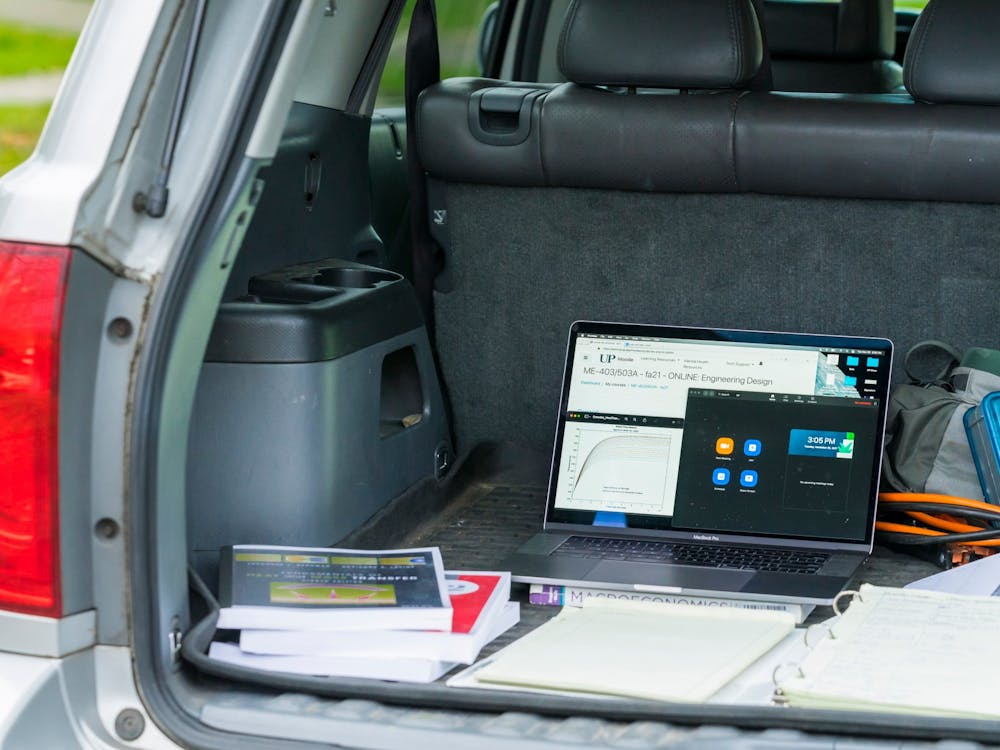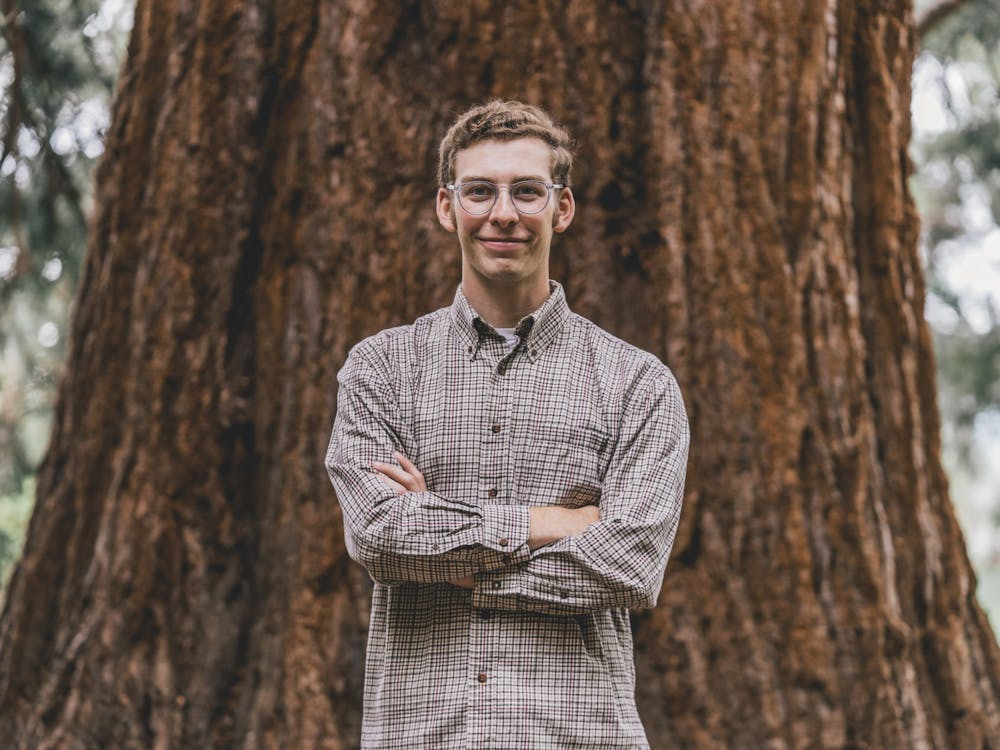(-- The Beacon)
By Martin Monto
Recent articles in The Oregonian and other newspapers have been asking whether universities are safe places for women. In fact, data indicate that women in college are more likely to be victims of sexual assault than other populations of women. Although we wish it weren't so, our campus has a sexual assault problem as well. Anonymous surveys of University of Portland students reveal rates on par with other universities, though very few are ever reported to police or university officials.
Fortunately, our university community – faculty, staff, students and administration – is proactively confronting the issue. With the help of a three-year grant from the U.S. Department of Justice, we will be improving reporting and investigation of sexual assaults, improving our services to victims and, most importantly, launching a prevention program focused in peer intervention and community responsibility. By taking a proactive approach, the University of Portland will be one of the few universities in the country to measurably reduce sexual assault.
When we look nationally at strategies for reducing sexual assault on college campuses, we often find messages for women informing them of the risks and suggesting prevention strategies. While these messages are important, they imply that women who carefully follow all the recommendations won't become victims, which is not the case. They may also imply that if women do become victims but haven't followed all of the recommendations, they are somehow responsible for their victimization.
Messages for men often focus on reminding them "no means no" and informing them of the legal consequences facing perpetrators. While these messages are also important, men may be left feeling like suspects rather than allies and may feel disempowered with few options for doing something positive to address the issue.
Students frustrated with the issue of sexual assault are hungry for a way to do something positive to address it. Using peer intervention as a prevention strategy, both men and women who witness a potential sexual assault situation can intervene on behalf of either participant. Intervention need not involve direct confrontation or accusation. It can simply mean checking in with or distracting a participant, talking to the friends or participant or altering the situation to remove the possibility of sexual assault, among other strategies.
One does not have to be sure that an assault will occur in order to intervene. An intervention can be as passive as "Sorry, you can't use that room; we are going to be having a poker game, or "Jane, I really need your help with something in the kitchen." An intervention can be as direct as "You know, John, I don't think she's fully cognizant, just get her number and call her tomorrow." Even distraction can be effective, as in "David, I think I heard someone vandalizing your car." Your creativity can guide you, but it is important to do what you can.
Peer intervention treats students as adults, responsible for themselves, their friends and their community, and capable of diffusing potentially dangerous situations.
One of the barriers to intervention is students' belief that the sexual behavior of others is private behavior, or "none of their business." While this norm can be justified when referring to the consensual behavior of adults, it must not be misapplied to the case of sexual assault: non-consensual sex. Another barrier is that students may not be paying close attention when their peers are at risk, but this too can change.
There are many precedents for this type of change. When I was in college, friends virtually never tried to stop a peer from driving while intoxicated. Today, "friends don't let friends drive drunk" is a widely recognized phrase, and students routinely intervene to prevent an intoxicated peer from getting behind the wheel. We can reduce sexual assault and protect our friends by taking the same proactive approach. Sexual assault is too devastating to individuals and to our community to err on the side of doing nothing.








